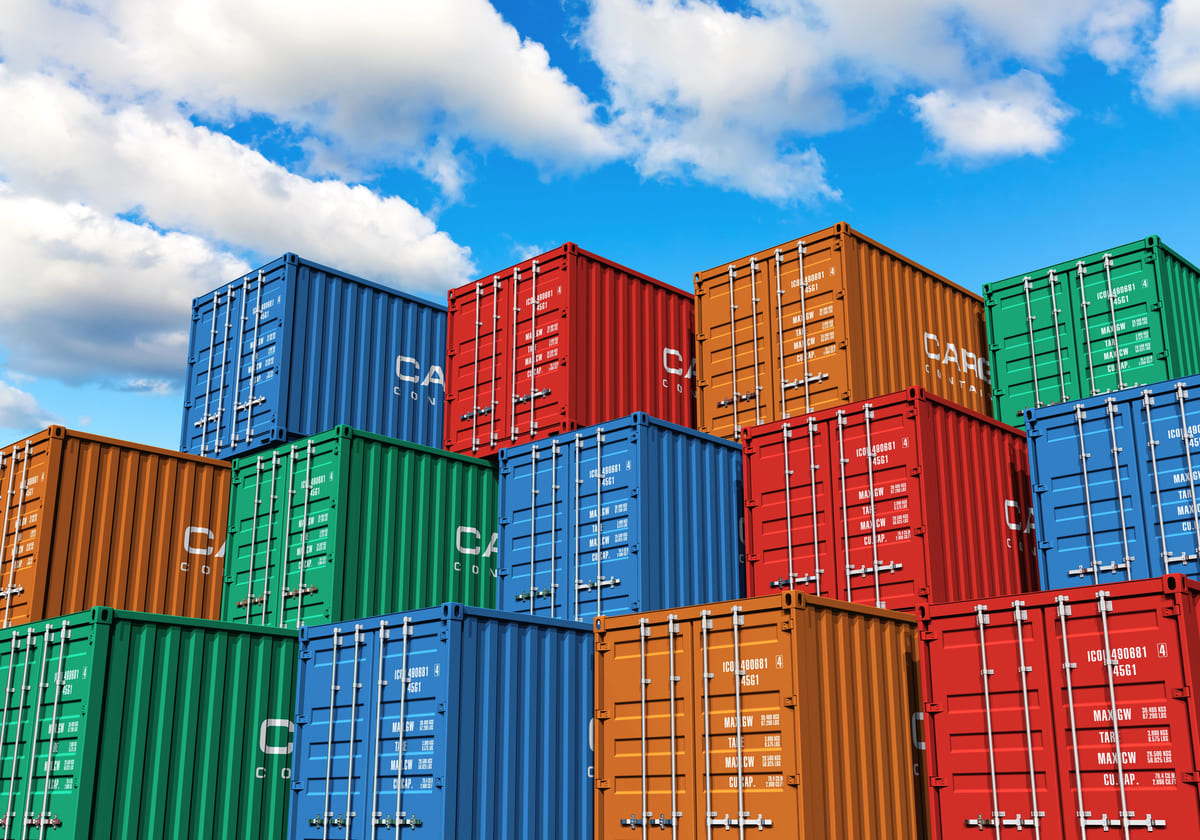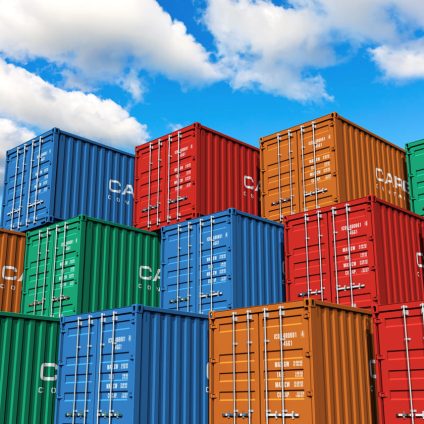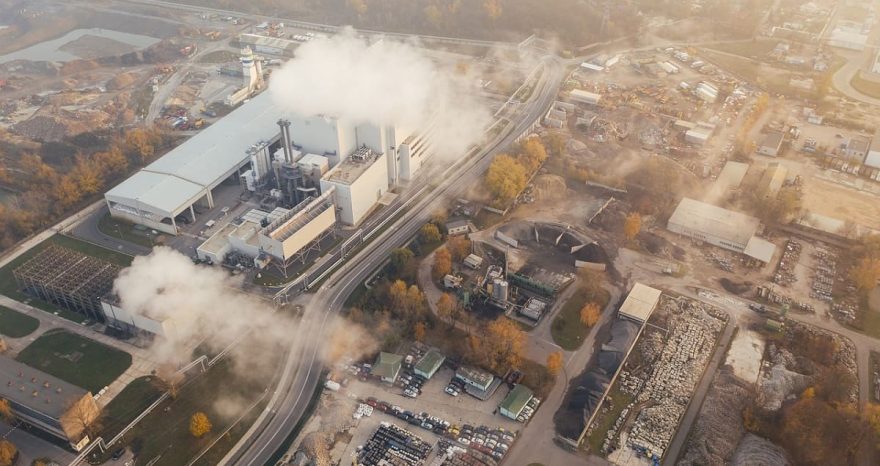Carbon border tax under pressure: Italy, France, and Slovakia call for fewer burdens and stronger protections for EU industry in CBAM revision plan

Italy, France, and Slovakia are calling for significant changes to the European Union’s carbon border tax, officially known as the Carbon Border Adjustment Mechanism (CBAM). Their joint proposal, presented to the EU Environment Council on March 27, demands reduced administrative burdens, enhanced protection for downstream sectors, and safeguards for export competitiveness.
The three governments argue that without targeted revisions, CBAM could unintentionally undermine the EU’s industrial base. Their push follows the initial wave of adjustments introduced by the European Commission through the Omnibus package on February 26, which aimed to simplify some regulatory processes.
What is the carbon border tax, and why is it being challenged?
CBAM is one of the EU Green Deal’s flagship policies. It imposes a levy on certain imported goods produced outside the EU under lower environmental standards. The aim is to level the playing field for EU industries that face higher costs due to stricter climate regulations.
CBAM’s transitional phase has already begun, but its full implementation is set for 2026. As that deadline approaches, concerns are mounting among member states about potential unintended consequences.
What changes are Italy, France, and Slovakia proposing?
According to their official document, the current CBAM framework poses several risks that could hurt the competitiveness of European manufacturers. Key concerns include:
1. Excessive administrative burden
The current system places heavy reporting and compliance costs on EU businesses. The proposal suggests simplifying the regulatory structure by introducing predefined emissions values for upstream and downstream sectors. It also calls for exemptions for small importers to reduce unnecessary red tape.
2. Downstream carbon leakage
CBAM currently applies to six pilot sectors and about 20 associated products. However, downstream industries that are not directly covered may still suffer from increased competition from countries with laxer environmental standards. The proposal urges the EU to extend CBAM coverage to vulnerable downstream sectors before the end of the transitional period.
3. Negative impact on EU exports
Unlike imports, EU exports do not benefit from any carbon compensation under CBAM. This could place EU manufacturers at a competitive disadvantage in global markets. Italy, France, and Slovakia recommend replacing the current biennial ex-post analysis of export-related carbon leakage with a proactive ex-ante risk assessment. They also advocate maintaining free ETS allowances for exported products to help level the playing field.
4. Inclusion of indirect emissions
The proposal supports including indirect emissions in CBAM calculations, but only if it does not jeopardize the global competitiveness of energy-intensive industries. It also emphasizes the need to retain existing compensation mechanisms for indirect costs to avoid a regulatory double burden.












